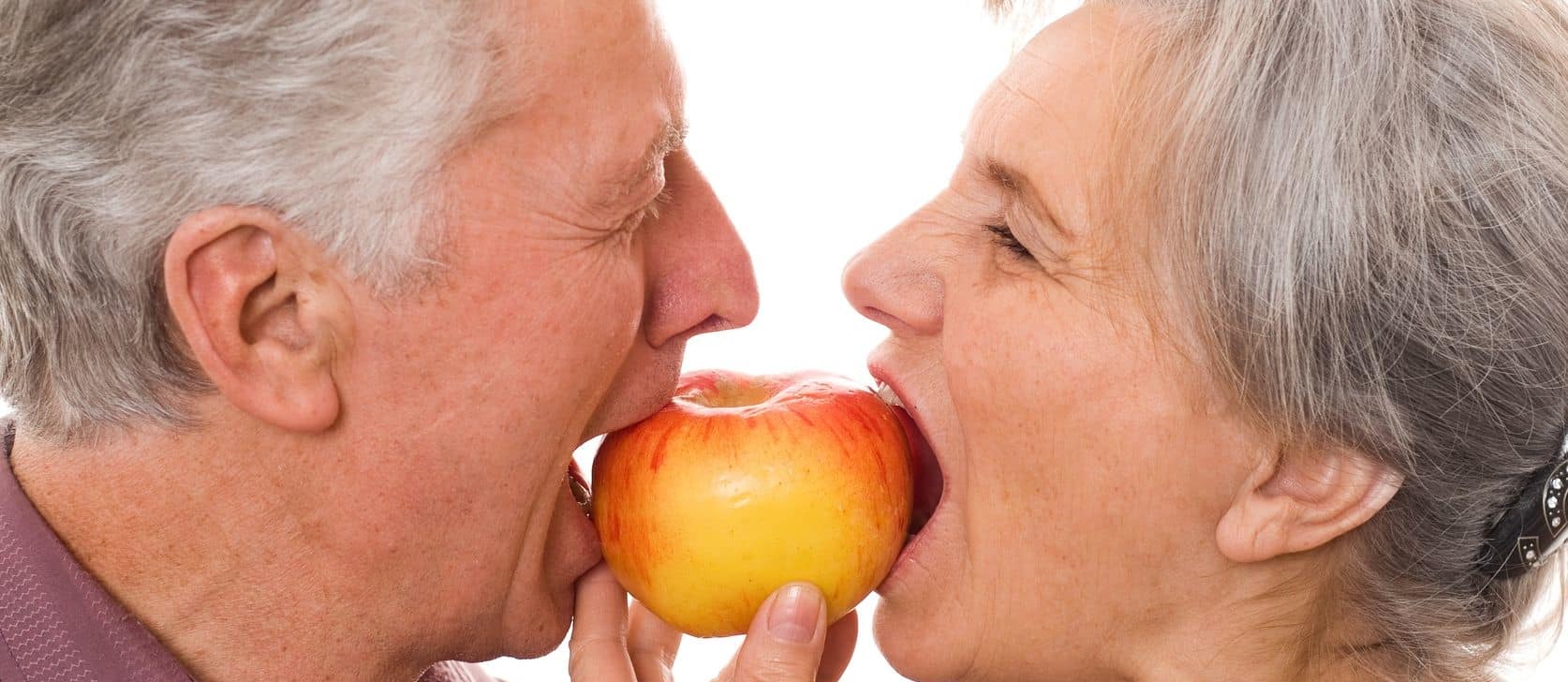A recent review suggested that plant-based diets may prove to be a useful nutritional strategy for lifespan extension in part because they tend to be naturally low in the amino acid methionine (see my video Starving Cancer with Methionine Restriction). Apparently, the less methionine there is in body tissues, the longer different animals tend to live. But what are the possible implications for humans? See my video Methionine Restriction as a Life Extension Strategy.
Methionine is thought to have a pro-oxidant effect. The thinking is that lowering methionine intake leads to less free radical production, thereby slowing aging. Fewer free radicals would decrease the rate of DNA damage, which would curtail the rate of DNA mutation, slowing the rate of aging and disease and potentially increasing our lifespan.
There are three ways to lower methionine intake: The first is caloric restriction. By decreasing our overall intake of food, we would reduce our intake of methionine. Or, because methionine is found protein, we could practice protein restriction, eating a relatively protein deficient diet. The third option is eat enough food, eat enough protein, but just stick to proteins that are relatively low in methionine, which tends to mean plant proteins.
Caloric restriction is hard, because we walk around starving all the time. Something like every-other-day eating is described as “never likely to gain much popularity as a pro-longevity strategy for humans, so it may be more feasible to achieve moderate methionine restriction by eating a plant-based diet.” On a population-wide level, folks could benefit from just lowering their protein intake, period. Researchers noted that “the mean intake of proteins [and thus methionine] of Western human populations is much higher than needed. Therefore, decreasing such levels has a great potential to lower tissue oxidative stress and to increase healthy life span in humans while avoiding the possible undesirable effects of caloric restriction.”
We’re eating around double the protein we need, so the first thing doctors can recommend is to decrease the intake of protein, but we can also get our methionine even lower by eating a plant-based diet.
The fact that beans have comparably low methionine has been classically considered a disadvantage. But, given the capacity of methionine restriction to decrease the rate of free radical generation in internal organs, to lower markers of chronic disease, and to increase maximum longevity, this “disadvantage” may actually be a strong advantage. This fits well with the important role of beans in healthy diets like the traditional Mediterranean diet. Interestingly, soy protein is also especially poor in methionine, which may help explain the healthy effects iof soyfoods. Watch my video Increased Lifespan from Beans.
The reason why plant-based diets are so protective is not known. Yes, vegetables contain thousands of phytochemicals, but separately investigating their possible protective roles would be an impossible task. The idea that the protective effect is not due to any of the individual plant food components, but to a synergic “combined effect” is gaining acceptance. However, based on the relationship of excess dietary methionine to vital organ toxicity, as well as its likely mechanism of action through increases in free radical generation, the possibility exists that the protective effects of plant-based diets can be due, at least in part, to their lower methionine content. As one paper concluded, “The low-methionine content of vegan diets may make methionine restriction feasible as a life extension strategy.”
Plant-based diets can also mimic other benefits of caloric restriction, such as improving levels of the “fountain of youth” hormone DHEA. See The Benefits of Caloric Restriction Without the Actual Restricting.
Americans are living longer but sicker lives. That’s why we need a diet and lifestyle that supports health and longevity. I have a whole presentation on the role diet can play in preventing, arresting, and even reversing many of our top 15 killers: Uprooting the Leading Causes of Death.
I’ve touched previously on the irony that animal protein may be detrimental for the same reasons it’s touted as superior in Higher Quality May Mean Higher Risk.
-Michael Greger, M.D.
PS: If you haven’t yet, you can subscribe to my videos for free by clicking here and watch my full 2012 – 2015 presentations Uprooting the Leading Causes of Death, More than an Apple a Day, From Table to Able, and Food as Medicine.
